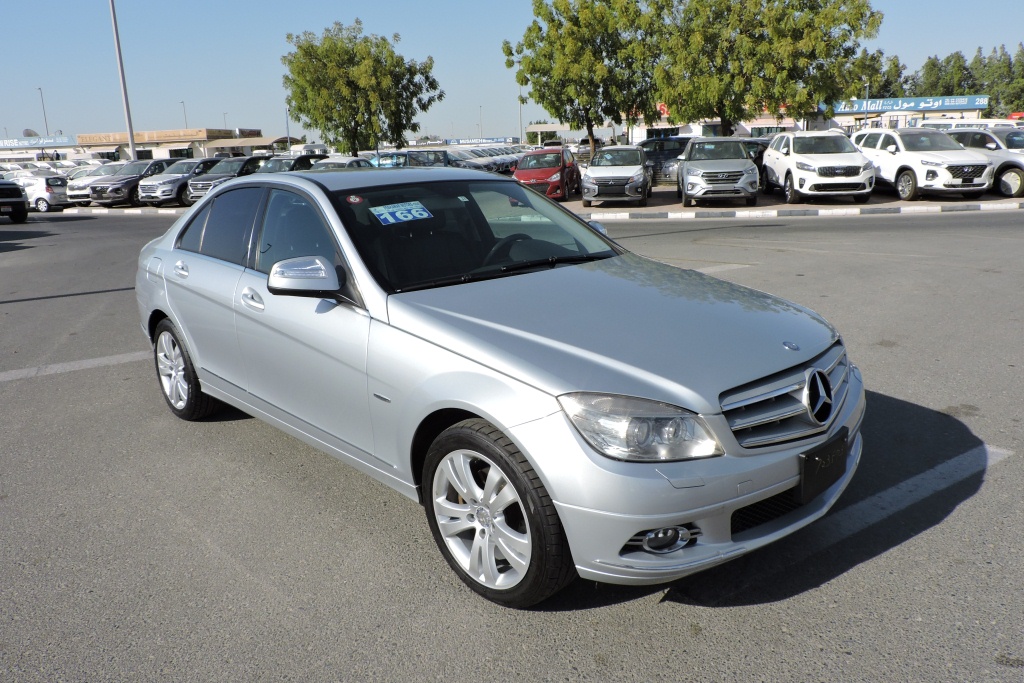Starting your own business is an exciting prospect, especially for first-time entrepreneurs. But making a business successful requires much more than just having the drive to start one.
There are a number of considerations that you should make before putting your hard-earned money into starting a business.
This blog looks at some of the key points that you should consider before starting your own business.
Here Is The List Of Top 14 Things To Consider Before Starting Your Own Business:
Do you think becoming an entrepreneur is easy? Think about it again. Especially if you intend to start your own business. Before making the jump, there are various aspects to consider.
What are your plans for paying your bills? How will you support yourself, your family, and your business? These are just a few things to think about before beginning your own business.
This post will go through those issues and how to keep them in mind while you start your own company.
1. Capital
The quantity or value required to establish and operate a firm is referred to as capital. It might be either cash or non-cash.
To determine how much cash you require, compile a list of all the probable expenditures you will incur to get the business up and running, such as assets to acquire, refurbishment, leasing payments, operational expenses, and so on.
The quantity or value required to establish and operate a firm is referred to as capital. It might be either cash or non-cash.
To determine how much cash you require, compile a list of all the probable expenditures you will incur to get the business up and running, such as assets to acquire, refurbishment, leasing payments, operational expenses, and so on.
You may also like: 12 Leadership Qualities Of Great Business Leaders That Will Help You Succeed
2. Business nature
Starting a business is a dream come true for some people. They may finally do what they want and be their own bosses. Others find it a frightening prospect. There are several dangers associated with launching a business.
One of the most critical things to consider before you begin is what exactly you want to give. What will you sell in your business? In general, you have the option of providing service, retailing, or manufacturing.
You need to think about what you would like to offer, then decide if you want to create a service, a product, or a manufacturing business. Once you decide, you need to think about how you would like to position your business.
3. Operating Expenses
One of the first things anyone considering establishing their own business should evaluate is how much it will cost to run the firm. It is critical to understand the monthly operational costs of the firm because this is what you will need for your capital requirements.
There are a lot of things that come into play when starting a business. First, you need to figure out what salary and benefits you will be able to offer your employees.
You also need to figure out how much it will cost to rent or lease an office or workspace. There are utilities that you need to consider too such as the internet, phone, and electricity.
4. Requirements for assets
When you start a business, you will always need a number of different assets in order to operate. These can include the following items: computers, equipment, furniture, vehicle, etc. It is important to note that not every business will need all of these items.
However, it is important to plan these items and their requirements in advance so you don’t waste your time and money trying to find the right equipment later on.
If you’re just starting out and don’t have any money to spend on these items, you may want to consider borrowing them from a friend or family member.
5. Target Customer
Before you begin to build a business, you need to consider who your customers are. Without a market, you may not be able to sell your product or service, as you would be competing with other people selling similar products or services.
You also need to consider if you will have enough customers to reach a profit. You should have a target customer.
If the general population is your target consumer, you may need to develop a number of marketing methods.
You should also analyze the demographics of your target customers. What is their age, gender, income, and so on? What are their wants and needs? What are their concerns?
6. Registration
All businesses must be registered with the government. There are many forms of business and industries that require different licenses.
You must have a business registration with the DTI before operating a business. Business registration is required with the DTI in order to file taxes.
This is because the DTI collects taxes on behalf of the government. You must also register with the SEC to operate a business.
You must register with the SEC if you plan to do any type of investment in the business. The barangay requires a business registration in order to operate a business as well as a business permit.
This is to make sure that the business is operating within the barangay guidelines and regulations. The Mayor is a powerful person who is responsible for all business transactions in the city. They are in charge of business and commerce. The BIR is the agency in charge of collecting taxes.
7. Suppliers
Before you start your own business, you should consider the suppliers you will need to produce the goods or services you will sell. It is critical to look for providers who are dependable and have a decent location.
It is also critical to assess the supplier’s size and operation hours to guarantee that your firm can remain successful. A critical step in beginning your own business is evaluating your suppliers.
8. Location
In business, location is key. Make sure your firm is visible to, or close to, your target consumer. They won’t be interested in your goods or services if they are too far away. Finding the ideal place might be difficult.
It is critical to undertake extensive study, such as marketing analysis, market research, and spending time getting to know the community. You should also ensure that you are in an area with a high volume of foot traffic.
9. The business’s bank account
Opening a bank account for your business is the first step in maintaining your company. It is important to open an account while you are still in the planning stages of your company, so you can save time and money in the long run.
When opening your bank account, make sure that you choose a bank that is accessible and available. It must be easy to get in contact with them, and if possible, you should go to the bank to meet with a representative. You should also make sure that you can keep a digital record of your business.
10. Government Compliance
Starting your own business may be a rewarding experience, but there are many factors to consider.
However, one aspect that is frequently disregarded is government reporting. Before you start your new firm, think about government reporting. There are a few things you should be aware of:
- You should know the difference between an entity and a person.
- Make sure you understand what your organization must disclose to the government.
- Understand what is required by your state.
- Be sure to keep in mind the instance of what the government will do if you don’t comply.
11. Renovations, leases, and improvements
Before you decide to establish your own business, there are a few things you should think about. One of them is whether or not you will rent out a place. Many firms earn a profit by renting out space.
Renting a space can be difficult, and the space you choose must be in the right location. Keep in mind that when renting, you are required to pay advance rent and a security deposit which is equal to three to six months worth of rent.
In addition, the space that you rent out must be in need of significant improvement and renovations. These costs can become quite substantial and are not all covered by the security deposit. Consider these costs in your budget.
12. Outsource or hire people
Hiring employees may be difficult. However, while starting a business, you will almost certainly find yourself in a position where you cannot afford to take the risk. In this instance, you should think about outsourcing your personnel management.
When outsourcing your people management, there are a few factors to consider. The first consideration is how much you are prepared to spend on outsourced staff management.
You will most likely discover that outsourcing is far less expensive than recruiting employees. Then you must select if you want a one-time project or continuing personnel management. The pricing will also vary based on how much time you choose to devote to this job.
13. Marketing
When considering beginning your own business, it is critical to have a marketing strategy. It is critical to establish what your marketing strategy will be and what you hope to achieve.
It is important to understand what marketing strategy you would like to use. The things to consider before starting your own business are what your audience is, your target market, and who you are going to be marketing to.
In order to do this, you can do some research on the internet, or even come up with a business plan. It is important to be sure that you are marketing in the correct area. You can also use online tools to see what marketing strategies are best for your business.
14. Formation
When opening your own business, you need to consider how to form it. There are many types of businesses, but most people choose a sole proprietorship, partnership, or corporation. Sole proprietorship – This is the simplest way to start a business.
You are the only owner and have unlimited liability for the business. You’re responsible for the business’s debts, assets, and any liabilities. As the sole proprietor, you are not bound to any contracts or agreements with any other person, company, or agency.
Partnership – This is the most common way of running a business. There are two or more people that are partners in a business. Partners have unlimited liability for the business and are responsible for the business’s debts, assets, liabilities, and any other responsibilities.
Conclusion:
We hope you enjoyed our blog post on Things to Consider Before Starting Your Own Business. We know it’s always a scary decision to start your own business, but it’s a very rewarding process.
We want to make sure you understand the benefits, drawbacks, and potential hazards of establishing your own business. We also hope you are aware of the numerous options accessible to you if you want to establish your own business.
If you’re interested in learning more about our blog, please visit our website. Thank you for taking the time to read this, and please let us know if you have any questions or comments!






